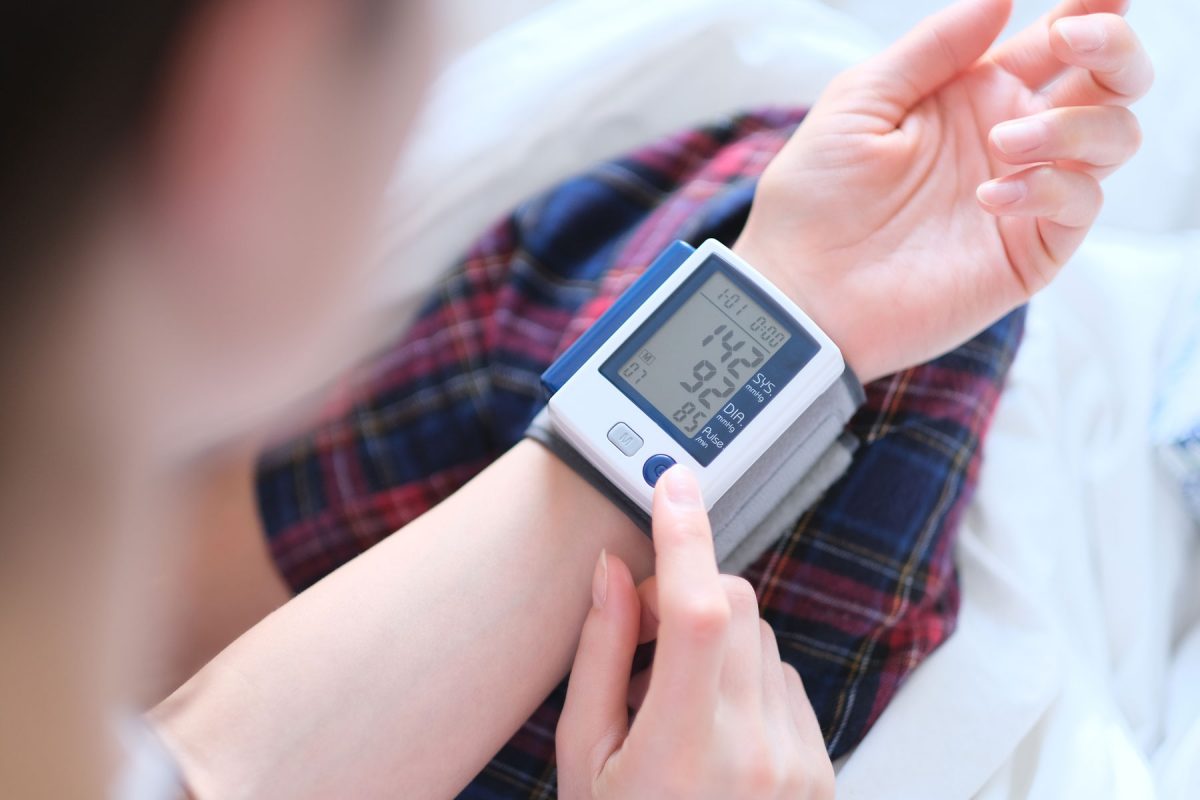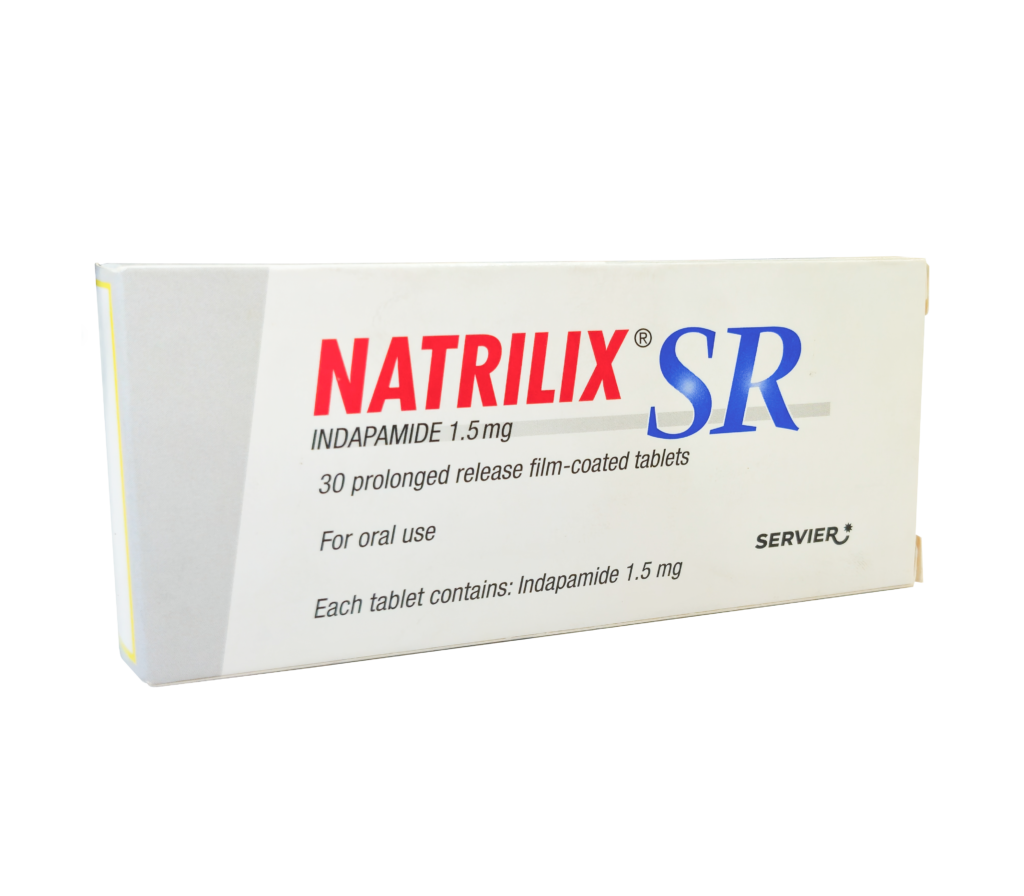This website uses cookies so that we can provide you with the best user experience possible. Cookie information is stored in your browser and performs functions such as recognising you when you return to our website and helping our team to understand which sections of the website you find most interesting and useful.

Hypertension
Hypertension is another name for high blood pressure. It can lead to severe complications and increases the risk of heart disease, stroke, and death.
Blood pressure is the force exerted by the blood against the walls of the blood vessels. The pressure depends on the work being done by the heart and the resistance of the blood vessels.
Medical guidelines define hypertension as a blood pressure higher than 130 over 80 millimeters of mercury (mmHg), according to guidelines issued by the American Heart Association (AHA) in November 2017.
Around 85 million people in the United States have high blood pressure.
Hypertension and heart disease are global health concerns. The World Health Organization (WHO) suggests that the growth of the processed food industry has impacted the amount of salt in diets worldwide, and that this plays a role in hypertension.
Treatment
While blood pressure is best regulated through the diet before it reaches the stage of hypertension, there is a range of treatment options.
Lifestyle adjustments are the standard first-line treatment for hypertension.
Regular physical exercise
Stress reduction
Using alcohol, drugs, smoking, and unhealthy eating to cope with stress will add to hypertensive problems. These should be avoided.
Smoking can raise blood pressure. Giving up smoking reduces the risk of hypertension, heart conditions, and other health issues.
Medications
People with blood pressure higher than 130 over 80 may use medication to treat hypertension.
Drugs are usually started one at a time at a low dose. Side effects associated with antihypertensive drugs are usually minor.
Eventually, a combination of at least two antihypertensive drugs is usually required.
A range of drug types are available to help lower blood pressure, including:
- diuretics, including thiazides, chlorthalidone, and indapamide
- beta-blockers and alpha-blockers
- calcium-channel blockers
- central agonists
- peripheral adrenergic inhibitor
- vasodilators
- angiotensin-converting enzyme (ACE) inhibitors
- angiotensin receptor blockers
The choice of drug depends on the individual and any other conditions they may have.
Anyone taking antihypertensive medications should be sure to carefully read labels, especially before taking any over-the-counter (OTC) medications, such as decongestants.
These may interact with medications used to lower blood pressure.
Causes
The cause of hypertension is often not known.
Around 1 in every 20 cases of hypertension is the effect of an underlying condition or medication.
Chronic kidney disease (CKD) is a common cause of high blood pressure because the kidneys do not filter out fluid. This fluid excess leads to hypertension.
Risk factors
A number of risk factors increase the chances of having hypertension.
- Age: Hypertension is more common in people aged over 60 years. With age, blood pressure can increase steadily as the arteries become stiffer and narrower due to plaque build-up.
- Ethnicity: Some ethnic groups are more prone to hypertension.
- Size and weight: Being overweight or obese is a key risk factor.
- Alcohol and tobacco use: Consuming large amounts of alcohol regularly can increase a person's blood pressure, as can smoking tobacco.
- Sex: The lifetime risk is the same for males and females, but men are more prone to hypertension at a younger age. The prevalence tends to be higher in older women.
- Existing health conditions: Cardiovascular disease, diabetes, chronic kidney disease, and high cholesterol levels can lead to hypertension, especially as people get older.
Other contributing factors include:
- physical inactivity
- a salt-rich diet associated with processed and fatty foods
- low potassium in the diet
- alcohol and tobacco use
- certain diseases and medications
A family history of high blood pressure and poorly managed stress can also contribute.
Signs
Blood pressure can be measured by a sphygmomanometer, or blood pressure monitor.
Having high blood pressure for a short time can be a normal response to many situations. Acute stress and intense exercise, for example, can briefly elevate blood pressure in a healthy person.
For this reason, a diagnosis of hypertension normally requires several readings that show high blood pressure over time.
The systolic reading of 120 mmHg refers to the pressure as the heart pumps blood around the body. The diastolic reading of 80 mmHg refers to the pressure as the heart relaxes and refills with blood.
If the reading shows a hypertensive crisis when taking blood pressure, wait 2 or 3 minutes and then repeat the test.
If the reading is the same or higher, this is a medical emergency.
Symptoms
A person with hypertension may not notice any symptoms, and it is often called the "silent killer." While undetected, it can cause damage to the cardiovascular system and internal organs, such as the kidneys.
Regularly checking your blood pressure is vital, as there will usually be no symptoms to make you aware of the condition.
It is maintained that high blood pressure causes sweating, anxiety, sleeping problems, and blushing. However, in most cases, there will be no symptoms at all.
If blood pressure reaches the level of a hypertensive crisis, a person may experience headaches and nosebleeds.









